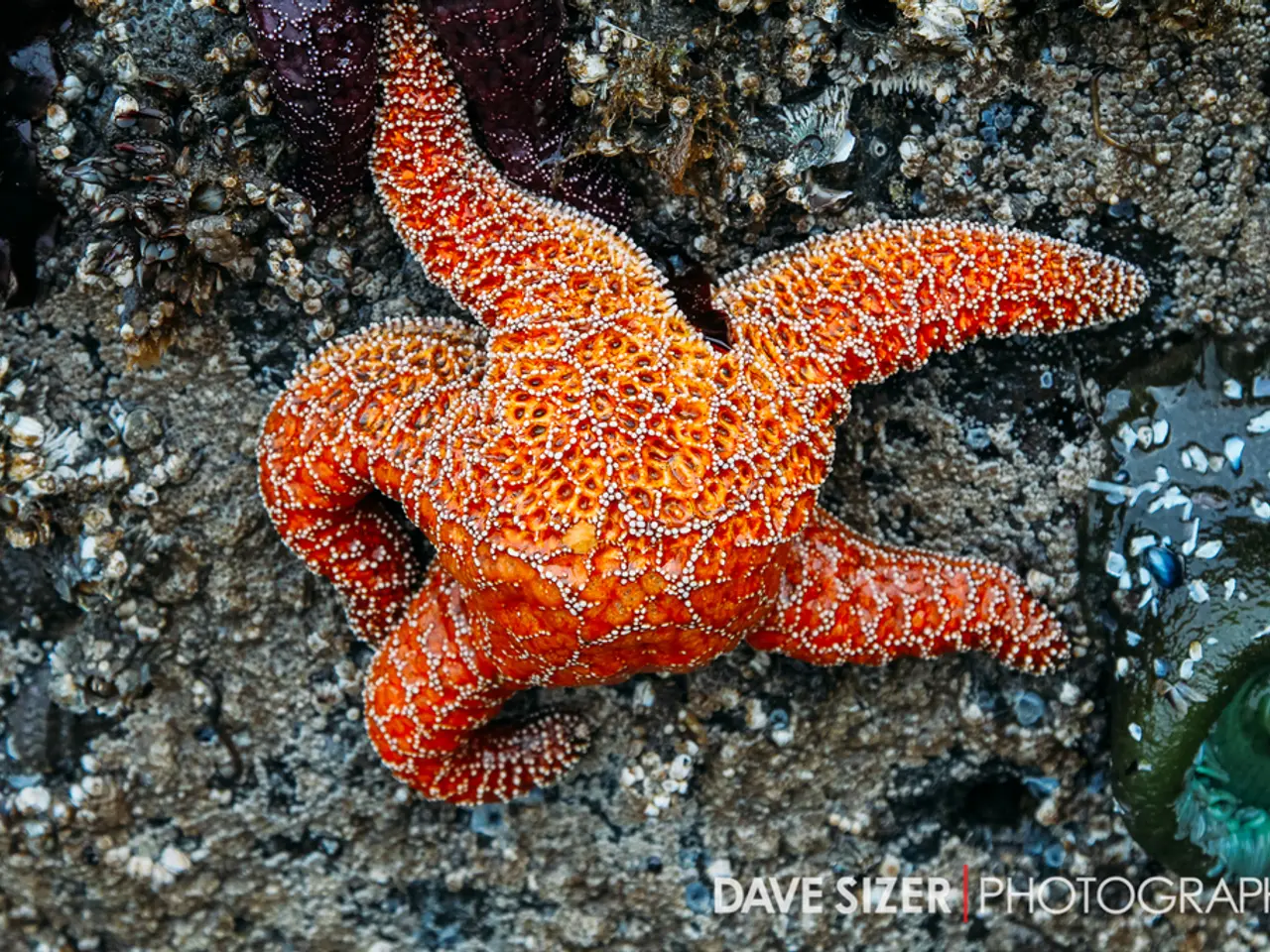Modifying Luxury Resort Operations: Shifting Focus of Activities
In a unique and engaging approach to science education, year 5 and 6 teacher Mila has successfully adapted an external activity, the 'Bird hotel', to teach a science unit on the New Zealand longfin eel. By integrating drama techniques, Mila transformed the activity into the 'Eel hotel', allowing students to immerse themselves in the life cycle of this endangered species and understand the threats it faces.
The 'Eel hotel' activity saw students acting out the various stages of the longfin eel's life cycle, from eggs and larvae in the ocean, to glass eels in estuaries, elvers in freshwater, and finally, adult eels in both freshwater and ocean habitats. Hula hoops were used to represent these safe havens, providing a tangible and memorable learning experience for the students.
However, the competitive nature of the students became apparent during the activity, leading Mila to halt it early and convene a reflection session in the classroom. Despite this minor hiccup, the 'Eel hotel' activity was well-received by the students, with Emery (10 years) expressing enjoyment, stating that it made learning about the longfin eel more engaging and memorable.
Mila's learning objectives for the unit included students becoming experts on the longfin eel, explaining and drawing the life cycle, building awareness of the eel, naming threats endangering the eel, and describing culturally specific relationships between Māori and the eel. To initiate the unit, Mila conducted a 'big knowledge dump', which included watching videos, drawing pictures, classroom discussions, and science readings.
The species tuna - longfin eel (Anguilla dieffenbachii) is facing extinction due to a sharp decline in numbers. Unfortunately, negative scenarios such as an increase in fish hunting for food, putting eggs and larvae at risk, and pollution building up, causing eels to get sick and die, pose significant threats to the longfin eel.
On a positive note, the Department of Conservation runs an education program highlighting threats to the longfin eel, aiming to raise awareness and encourage conservation efforts.
By thoughtfully merging drama methodologies with carefully chosen science topics and adapting activities to fit student needs, educators can turn externally sourced materials into powerful, engaging learning experiences that optimize both understanding and enjoyment for students. This approach enhances student participation, facilitates multimodal learning, supports critical thinking, promotes collaboration, and fosters a deeper understanding of scientific concepts.
The project involved six teachers from four schools, including two specialist science teachers, and was focused on investigating how teachers at various school levels used and adapted Science Learning Hub (SLH) resources for science teaching.
In conclusion, Mila's adaptation of the 'Eel hotel' activity proves that educators can effectively adapt externally sourced science activities by integrating drama techniques and tailoring the content to specific scientific topics, thereby maximizing student engagement and learning opportunities.
- The engaging 'Eel hotel' activity, a unique adaptation of an external learning resource, was not only about teaching science but also served as a platform for students' education and self-development, helping them immersively understand the life cycle, threats, and cultural significance of the endangered New Zealand longfin eel.
- By successfully merging drama techniques with science topics, Mila, as a year 5 and 6 teacher, showcased how science education and learning can be optimized, by creating memorable, participatory, and multimodal learning experiences that foster critical thinking, collaboration, and a deeper understanding of various scientific concepts.




